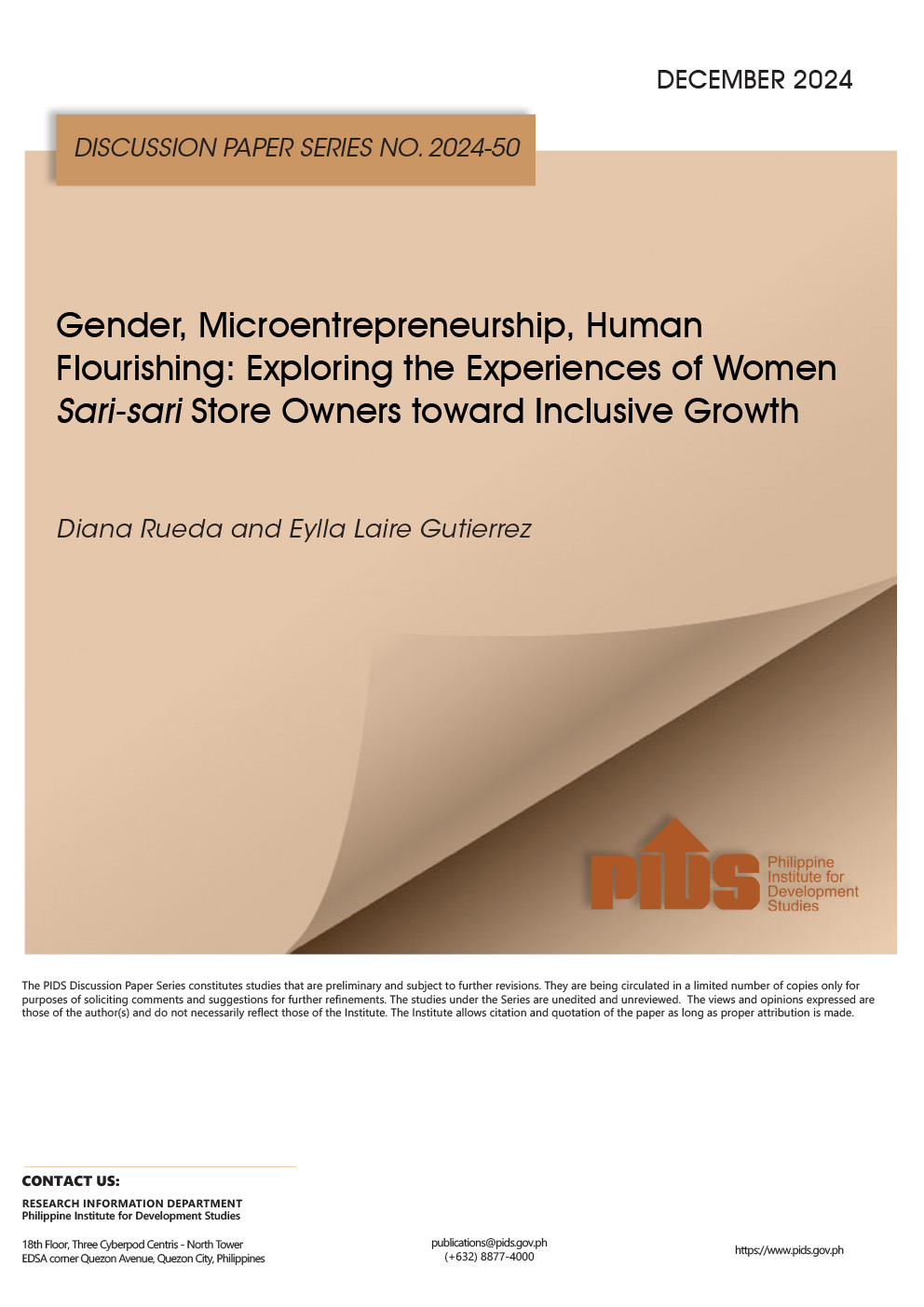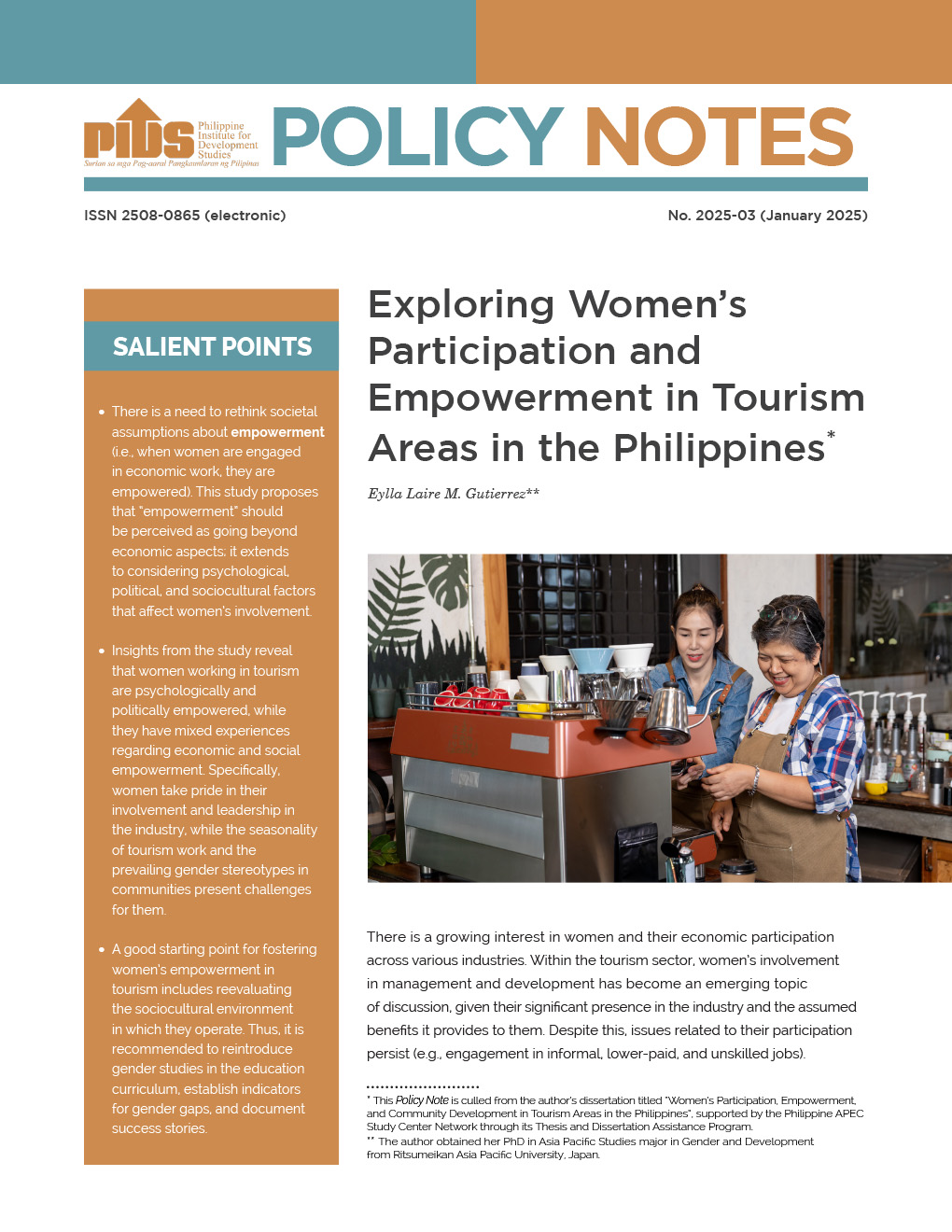I doubt I am the only person who noticed the incongruity of the two banner headlines in Tuesday’s edition of this paper. On the front page, this: "300,000 more Pinoys jobless — SWS survey.” Right next to it was a teaser about the surprising news that ran in full on the inside business page: "‘GDP likely bounced back to 7 percent in Q2.’”
The accuracy of those two figures may be debatable, but the basic circumstances are not: The economy is, indeed, expanding, as is unemployment and poverty.
The Aquino Administration has been harshly criticized for most of the last four years for doing absolutely nothing about it, and that criticism is certainly warranted in view of the oft-repeated and utterly empty assurances that the regime is pursuing "inclusive growth” (Interesting fact: No, it’s not.), but by the same token, the situation is nothing new.
Unemployment, poverty, and income inequality have persisted at remarkably stable levels for decades, because the economic policy approach has not significantly changed since at least the Marcos era.
That observation is a key point of a discussion paper published last month by the Philippine Institute of Development Studies (PIDS) entitled "Labor Policy Analysis for Jobs Expansion and Development,” and authored by Vicente B. Paqueo, Aniceto C. Orbeta Jr., Leonardo A. Lanzona Jr. and Dean Gerard C. Dulay.
PIDS, for those who may be unfamiliar with the agency, is the government’s economic think tank and is actually part of the National Economic Development Authority (NEDA). Being a think tank, it seems to be generally ignored by government policy makers as a matter of routine and attracts very little attention from the media or the public, which is unfortunate because PIDS regularly produces excellent research that could serve as effective policy guidance. Not every discussion paper written by PIDS’ analysts is a gem of economic thought (that’s why they’re called "discussion papers,” after all) but, as is the case with the paper by Paqueo, et al., is probably at least a pearl or a really nice piece of quartz.
The paper tags the current approach of the government–which again has been fairly consistent through several administrations–as "unrealistic” and "actually detrimental to the poor” despite its good intentions. One surprising example is the effect of mandated minimum wages; the authors demonstrate that since about 2007 at least, the minimum wage has directly caused a reduction in per capita incomes of the working poor by roughly P1,400 to P1,700; not an enormous amount to many working families, but to those whose monthly incomes might not be much more than that in the first place, it is a formidable penalty.
It makes the rather unsur prising conclusion that the problem is not the overall jobless rate, but the quality of work; among the poor, the unemployment rate –if "employment” is taken to mean "activity to support one’s survival”–is actually quite low, but a huge proportion of the total labor force, nearly half of it, is actually underemployed.
While focusing on labor policies and the minimum wage puzzle as the primary culprits, the study also points out that there are issues beyond that, such as infrastructure underdevelopment, elevated costs of subsistence, high costs of doing business, high energy costs, weak enforcement of contracts and property rights, and an overabundance of contradictory and confusing laws, all of which is also stating the obvious.
The solution, which is offered in a 12-point agenda, is somewhat lacking in specifics (it’s a "discussion paper,” remember), and generally proposes a loosening of existing labor policies, including essentially eliminating the minimum wage. The thrust of the recommendations is to improve the quality of human capital while at the same time improving the ability of the employment sector, particularly among the small and medium enterprises that make up the vast majority of the Philippines’ employers, to absorb an expanding labor force, while largely letting natural market forces moderate wages.
To critics among "labor advocates,” the entire presentation is likely, however, to come across as a nicely packaged call to dump labor protections, including the sacrosanct minimum wage. Empirically, the study makes sense; politically, it’s a live grenade. The best counter-argument to the position that minimum wages and strong labor regulation are a necessity is, naturally, the status quo: It doesn’t work, and has never really worked; wages improve at a glacial pace if at all, and any progress in reducing joblessness and poverty is incremental at best and more often than not, achieved through statistical juggling (such as when the Aquino Administration recently redefined the poverty threshold to a per capita income of P52 per day, which is slightly below the international abject poverty baseline of $1.25 per day).
On the other hand, the observation of the PIDS authors that the overall problem cannot be effectively addressed without a holistic approach is correct, too, and in the sense that the current labor regulatory regime might be necessary to provide at least some cover against government shortchanging of human capital development and cost of living management, the view opposed to a more market-oriented approach cannot be completely dismissed. It is hard not to assume that somewhere there is a middle ground that works; hopefully, bright minds on both sides of the issue will continue the conversation in the absence of the government’s continuing lack of interest in doing so.
ben.kritz@manilatimes.net












